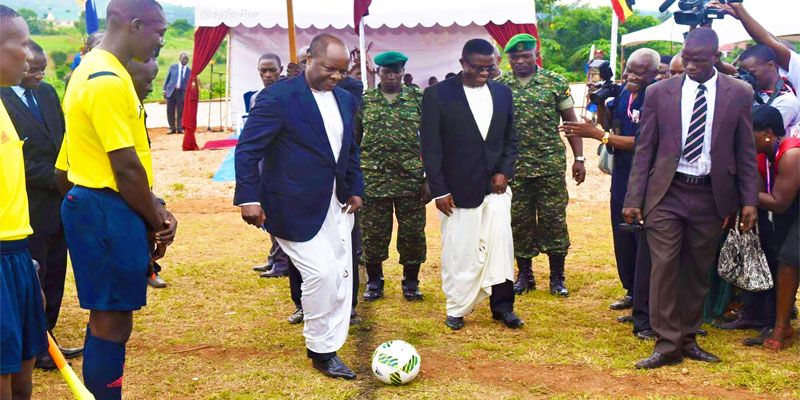
Uganda Cranes debutant, made history last weekend when he netted four goals in a 5-1 thrashing of South Sudan. Thanks to the organizers of the Masaza Cup through whose ranks the lad popped his way to the top before joining Kampala City Council Authority where is plying his trade at the moment (KCCA).
He joins the long list of a new breed of players, who have in the recent past similarly hailed from the same competition and eventually found their way to the national side. The list includes Uganda Crane’s rising midfield star; Farouk Miya, Godfrey Walusimbi, Emma Okwi and retired mid-field gem, Tony Mawejje, to mention only a few.
Consequently, the Chairman of the Masaza Cup’s organizing committee, Sulaiman Ssejjengo, who also doubles as the chairman of the planning committee of Buganda’s five-year strategic plan, has called upon Ugandans to render the competition the support it deserves saying, “It is the future of Uganda’s football.”
He based his hypothesis on four factors which he says are key in developing the game including; human resource, talent, financial muscle and a fan base – all of which are a given in Buganda kingdom, he says.
“The best example we can look at is the Bulemeezi vs. Ggomba match which was played on the same day and time when Uganda Cranes was playing Southern Sudan. A much bigger crowd chose to stream to Bulemeezi,” Ssejjengo said adding that, “it is little wonder therefore that the gate collections that match were as high as UGX 60 million.”
FUFA’s rebuttal
But the Technical Director of the Federation of Uganda Football Association (FUFA), Uganda’s football governing body, Asuman Lubowa says otherwise. While he agrees that the competition’s organizers are strong partners in executing their mandate of developing and governing the game in Uganda, he says that they are claiming more credit than they deserves.
Lubowa noted that since inception, Masaza Cup organizers have not invested in efforts to develop talents from the grass roots, apart from acting as “parasites on structures already established by FUFA for ready-made players, coaches and referees.
“All those players in Masaza teams are coming from football leagues and under-age football competition which is organized by FUFA and the same applies to the coaches and referees who are running this competition,” Lubowa adds.
FUFA structures include; the First Division teams, Second Division teams, Regional Big League, Azam Premier League and the school leagues. Nonetheless, he agrees that the competition has no mean potential, which if utilized, can offer an olive branch to efforts in developing Uganda’s football.
Lubowa draws a similarity between the fan bases for the competing Masaza teams to the English clubs, whose fan bases center around members of immediate communities such as, Leister City, whose football team took the footballing world by storm when they lifted last year’s English Premier League. “It is a great idea, for example, to do everything possible to give a sense of belonging to fans in communities from which football teams come from. This should include naming teams after villages, cities or municipalities,” Lubowa noted.
“Other than giving teams names like Soana, for instance, which leaves the community with no opportunity to associate with and rendering it the support it very much needs,” he said.
He warned the Buganda government not to take the current crowds watching the Masaza Cup for granted. He compared them to those that used to attend the Bika Bya Baganda football competition, but which he says have continued to dwindle in numbers compared to those that used to attend when the competition had just started.
He urges them to re-package the competition to suit the changing times and demands, and addresses existing challenges the biggest of which is to provide football pitches, most of which are currently below minimum standards. “For example, issues of security should be addressed on all pitches where these competions are being hosted, in order to prevent scenarios where fans have to run to the pitch when a goal is scored,” according to Lubowa.
On the contrary, he challenges the organizers of the Masaza competition to invest in efforts to lift the quality of football as a sustainable strategy to return fans to football stadia, other than leaving it at the mercy of mere endearment and attachment to local communities. “During our time as youth, we used to come to see particular types of players or stars, but these days, people hesitate to come to watch football games partly because they are not eying particular players, who do the things they want in football,” Lubowa said.
While Ssejjengo agrees with Lubowa’s criticism, he is not concerned, saying that it is only going to be short-lived. He told The Sunrise that all those challenges will become history soon after the Buganda’s four-year development plan will be showcased by the Katikkiro of Buganda, Charles Peter Mayiga, in less than two weeks time. Key among the ingredients of that comprehensive plan is to offer Buganda an independent structure all the way from the parishes to counties and with an arrangement to train its coaches.
According to Ssejjengo, the Masaza Cup currently is rated as one of the biggest crowd-pullers in the East and Central Africa region, a potential many football lovers argue should be tapped into by FUFA in its efforts to return soccer fans to stadia, and reviving the fame of the once-popular game in the country.

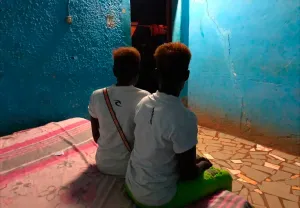
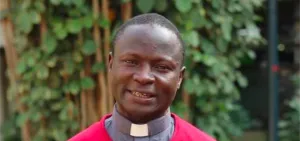
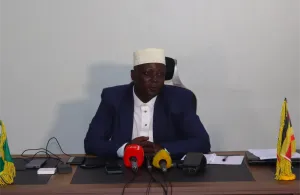
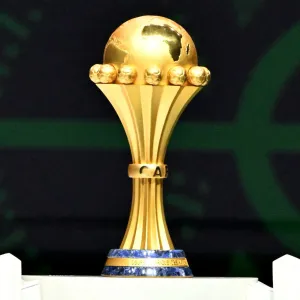
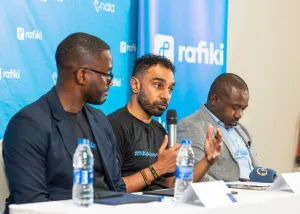

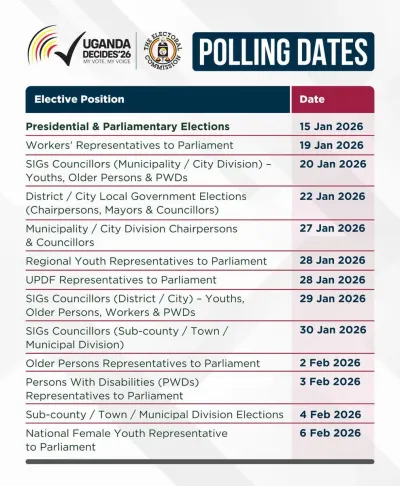







Peter Muwonge
Leave a Comment
Your email address will not be published.